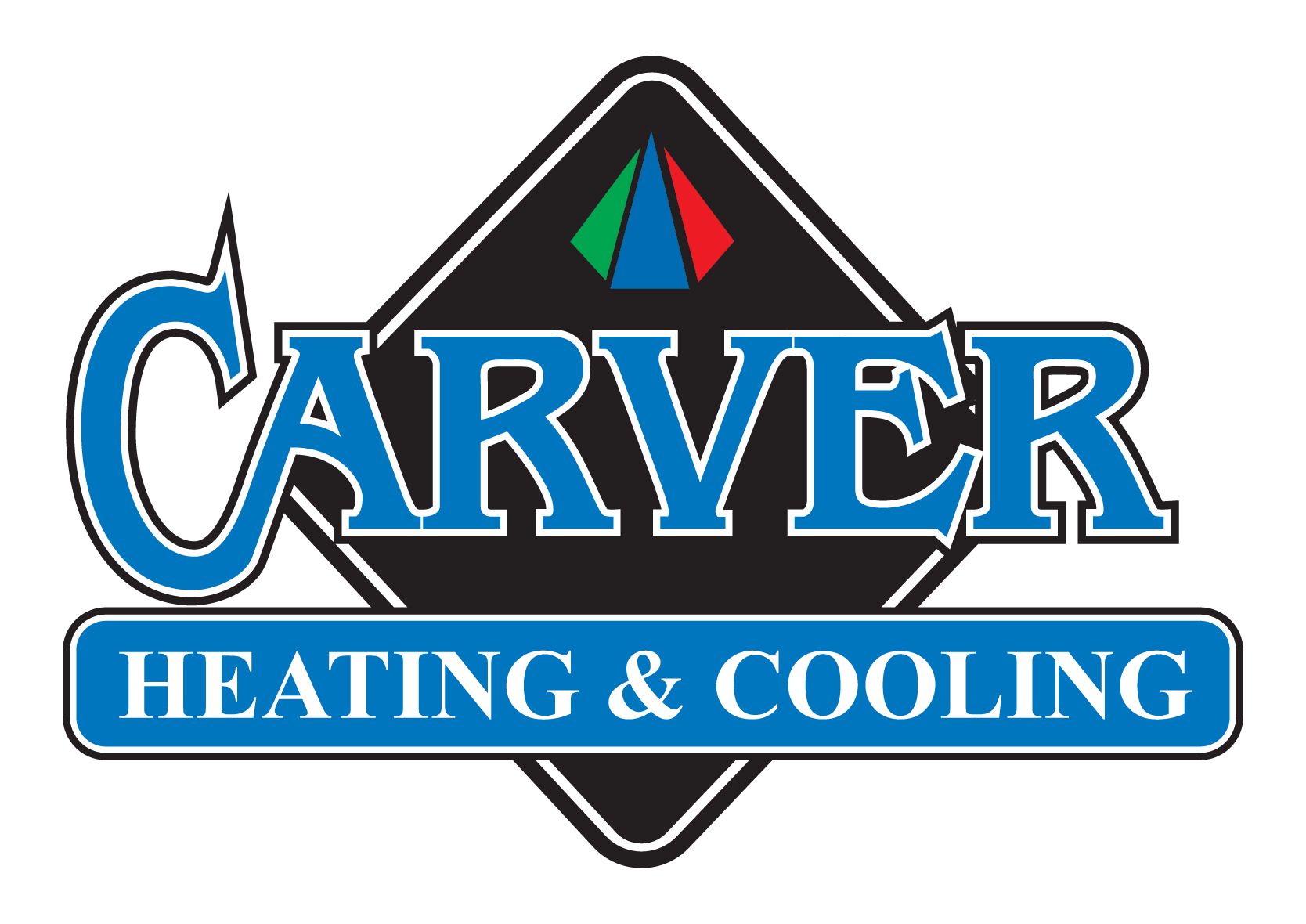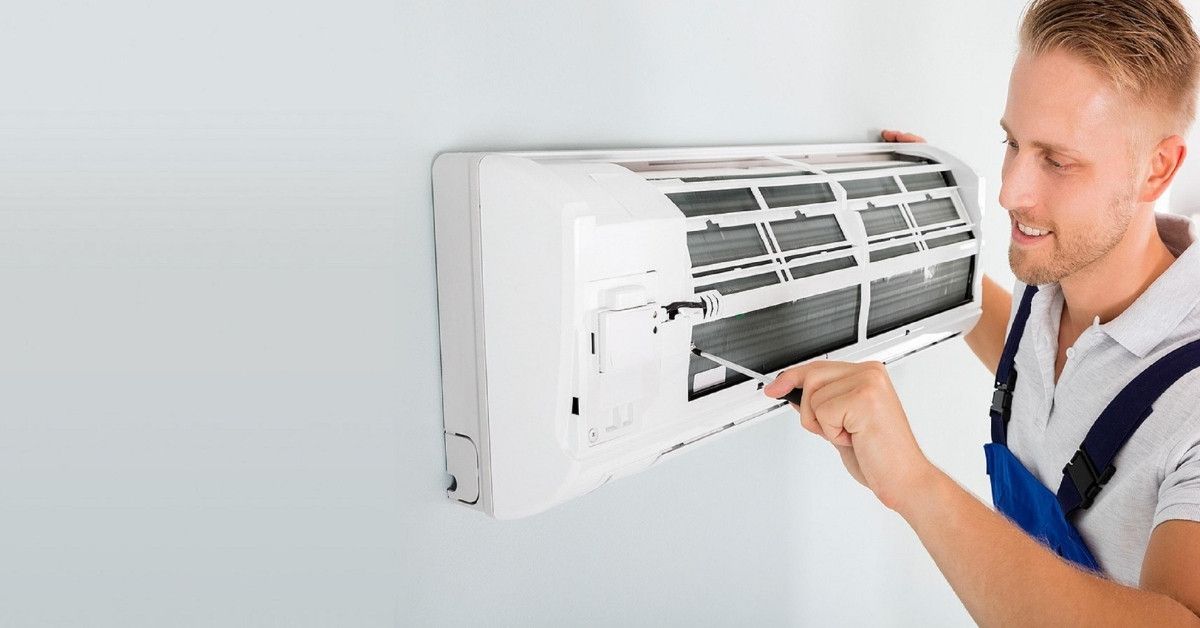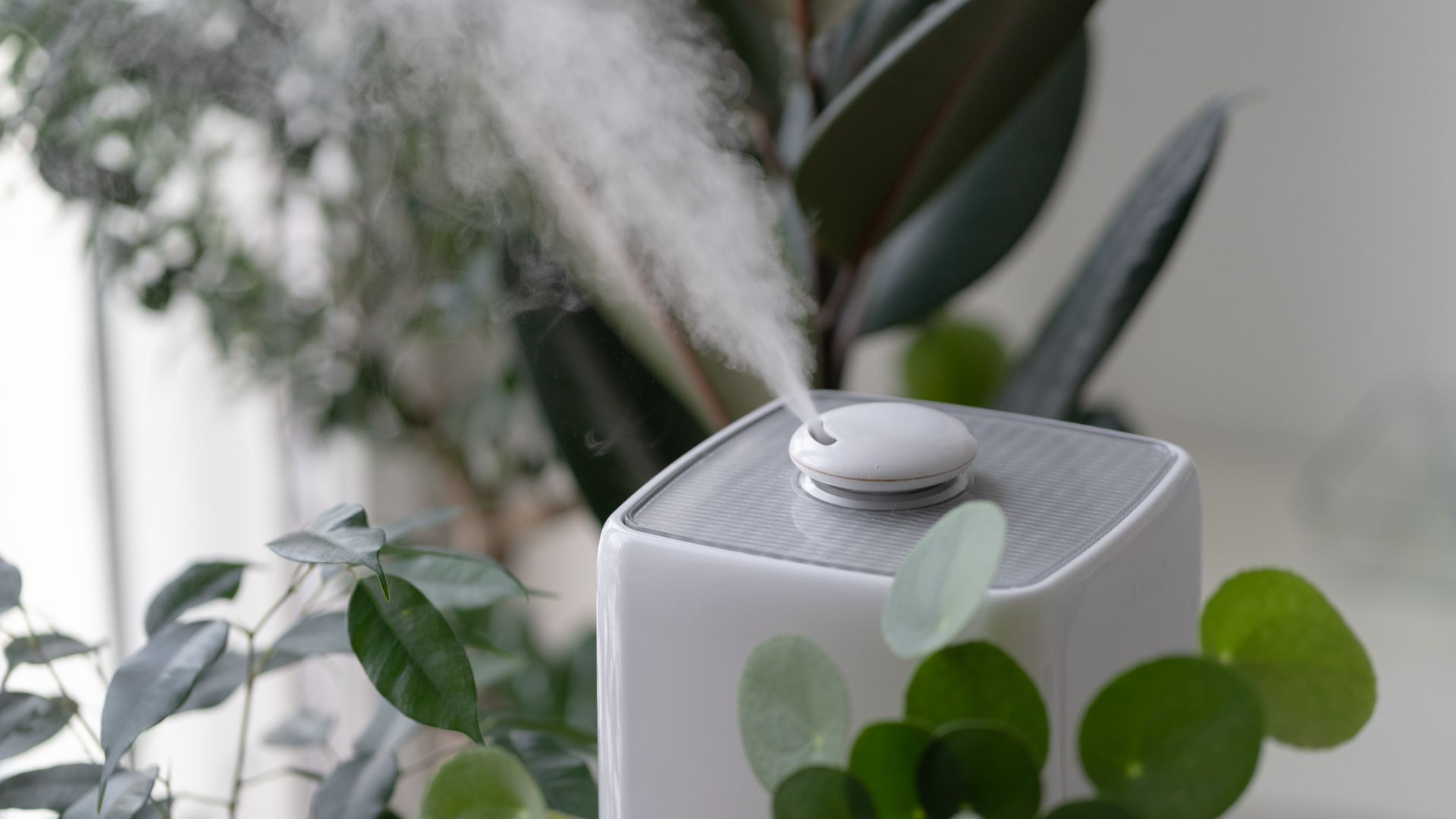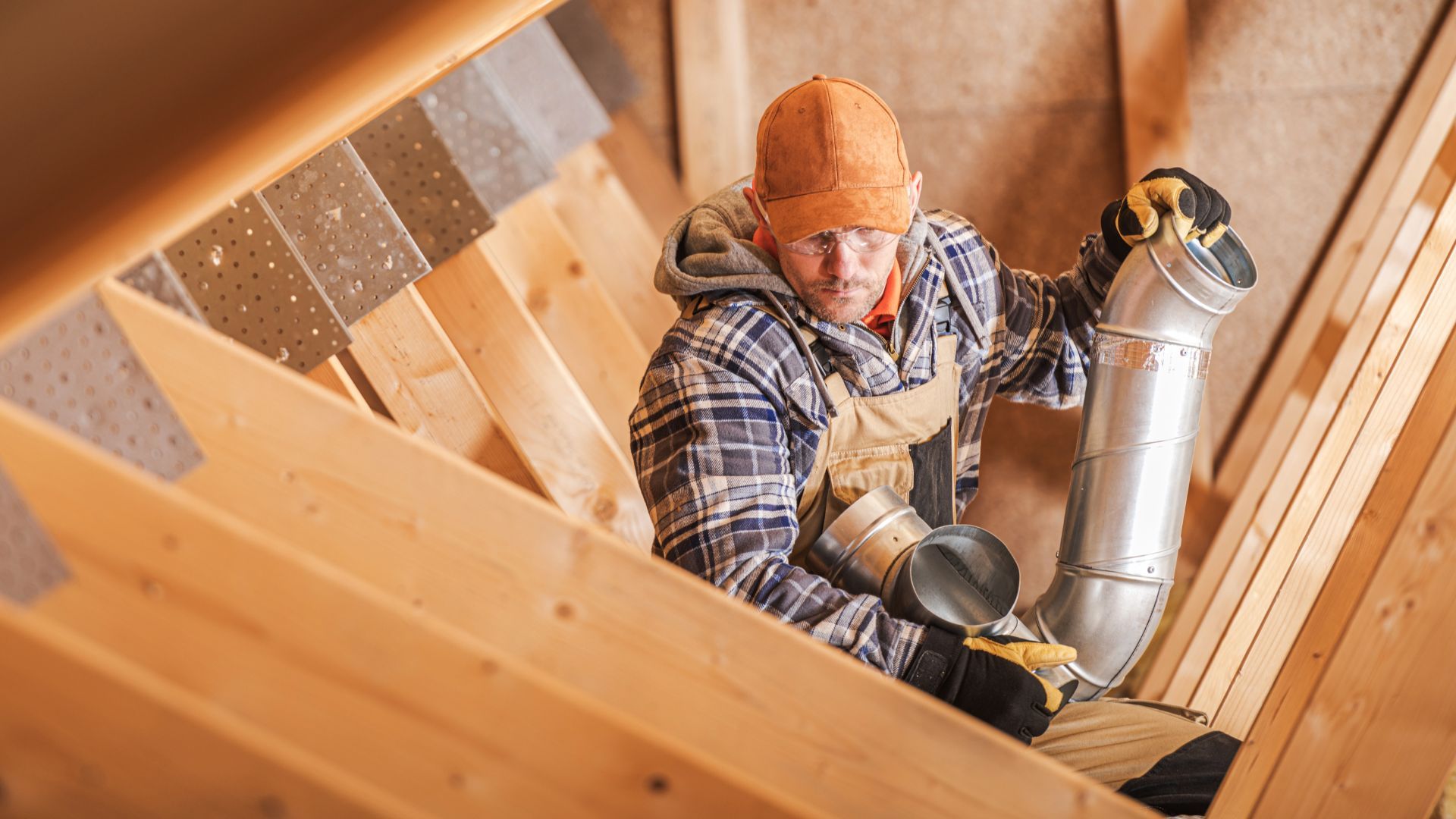Ventilation vs HVAC: Which is Right for Your Building
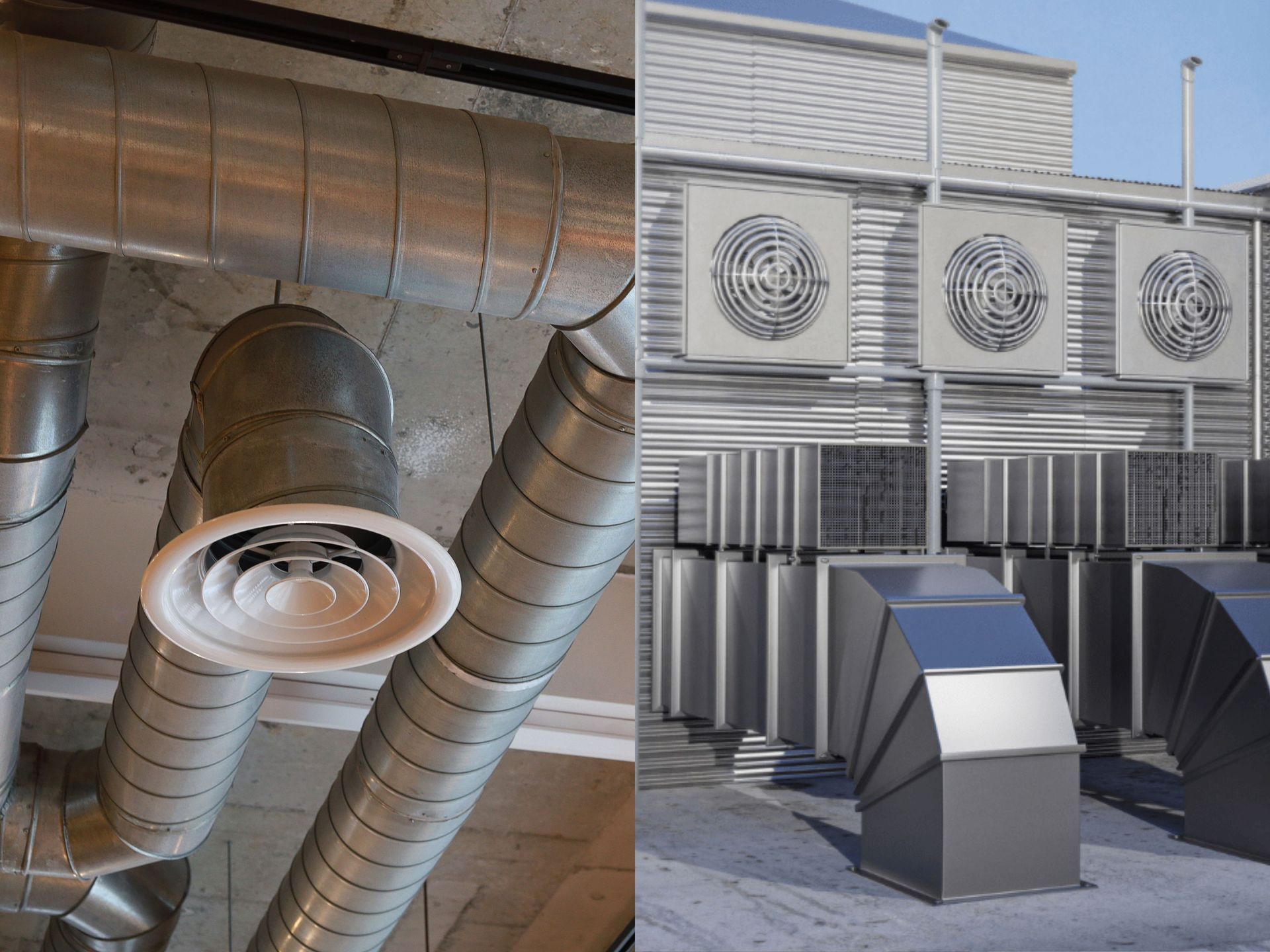
Keeping our home cozy and comfortable is of the utmost importance, and that's where Heating, Ventilation, and Air Conditioning (HVAC) and ventilation systems come in handy. Both these systems play a crucial role in maintaining the perfect temperature and air quality in our homes, but they have unique characteristics.
In this article, I'll take you through a comprehensive comparison of HVAC and ventilation systems, highlighting their similarities and differences and ultimately, helping you make a well-informed decision on which system would be the best fit for your home.
HVAC (Heating, Ventilation, and Air Conditioning)
HVAC or heating, Ventilation, and Air Conditioning is an all-in-one system that helps keep our home just how we like it. It's designed to provide a comfortable indoor environment by regulating temperature, humidity, and air quality. The system comprises several parts, like a furnace, air conditioner, evaporator coils, ducts, and thermostats, working together to make our living space as comfortable as possible.
- Advantages of HVAC
HVAC systems are designed to provide a comfortable indoor environment by regulating temperature and humidity, which makes them ideal for areas with extreme weather conditions. Additionally, HVAC systems are very efficient at removing pollutants and allergens from the air, making them ideal for homes with residents who suffer from allergies or respiratory problems.
- Disadvantages of HVAC
One of the main disadvantages of HVAC systems is their cost. These systems are relatively expensive to purchase and install and can be costly to repair or replace if they break down. Additionally, HVAC systems require regular maintenance and cleaning, which can be time-consuming and costly.
- Examples of HVAC systems
- Central Air Conditioning And Heating Systems
- Ductless Mini-Split Systems
- Heat Pumps
Ventilation
Ventilation brings fresh air from the outside and removes the old air inside our home. The main goal of ventilation is to remove pollutants and moisture from the indoor air and ensure fresh air is circulating throughout the house.
Different types of ventilation systems are available, such as natural, mechanical, and hybrid. Each has unique characteristics and can be tailored to fit the specific needs of your home.
- Advantages of Ventilation
Ventilation systems are relatively inexpensive to install and maintain. They can be very effective at removing pollutants and moisture from the air, making them ideal for homes with residents who suffer from allergies or respiratory problems. Additionally, ventilation systems can reduce energy costs by eliminating the need for air conditioning and heating.
- Disadvantages of Ventilation
One of the main disadvantages of ventilation systems is that they don't regulate temperature or humidity, which makes them less effective in areas with extreme weather conditions. Additionally, ventilation systems can be noisy and may require frequent adjustments to ensure optimal performance.
- Examples of Ventilation systems
- Exhaust Fans
- Attic Fans
- Whole-House Fans
Comparison of HVAC and Ventilation
- Similarities between HVAC and Ventilation
HVAC and ventilation systems are designed to improve indoor air quality by removing pollutants and moisture from the air. Additionally, both systems can reduce energy costs by eliminating the need for air conditioning and heating.
- Differences between HVAC and Ventilation
The main difference between HVAC and ventilation systems is that HVAC systems regulate temperature and humidity, while ventilation systems do not. Additionally, HVAC systems are more expensive to purchase and install and require regular maintenance and cleaning.
Factors To Consider When Choosing Between Hvac And Ventilation
When choosing between HVAC and ventilation systems, consider the climate in your area, the size of your home, and your family's specific needs. If you live in an area with extreme weather conditions, an HVAC system may be a better option as it can regulate temperature and humidity.
However, a ventilation system may be sufficient if you live in an area with mild weather. The size of your home and your family's specific needs, such as allergies or respiratory issues, should also be considered when making a decision.
Recommendations for selecting HVAC or Ventilation systems
There are several key factors when deciding whether to install an HVAC or ventilation system in your home. Firstly, the climate in your area is an important factor to consider. Live in an area with extreme weather conditions, such as extremely hot summers or cold winters. An HVAC system may be a better option as it can regulate temperature and humidity. However, a ventilation system may be sufficient if you live in an area with mild weather.
The size of your home is another important factor to consider. A larger home will require a more powerful and complex HVAC or ventilation system, while a smaller home may only require a basic system. Choosing a system that is appropriately sized for your home is important to ensure optimal performance and energy efficiency.
Your family's specific needs should also be considered when making a decision. If any family members suffer from allergies or respiratory issues, an HVAC or ventilation system with advanced filtration capabilities may be necessary to improve indoor air quality. It's important to discuss your specific needs with a professional to ensure that you choose a system that meets your family's needs.
Conclusion
In summary, HVAC and ventilation systems are essential for maintaining a comfortable indoor environment. HVAC systems combine heating, ventilation, and air conditioning in one unit and are designed to regulate temperature and humidity. On the other hand, ventilation systems are designed to exchange indoor air with outdoor air and remove pollutants and moisture from the air. Both systems have their advantages and disadvantages, and the best option for your home will depend on the climate in your area, the size of your home, and your family's specific needs.

